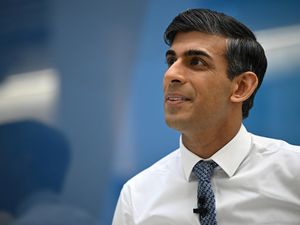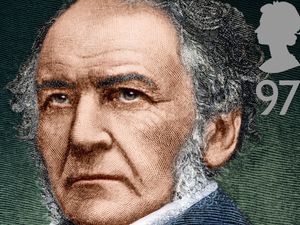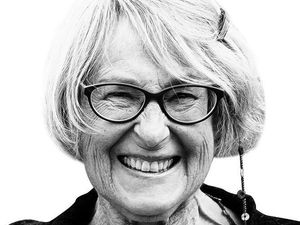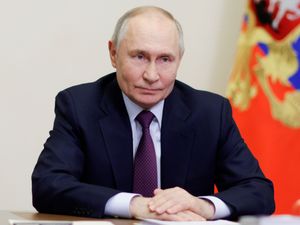Star comment: Is shuffling the deckchairs going to be enough?
Rishi Sunak faces a more challenging time as the nation’s Prime Minister than most who take the job.

Boris Johnson gained a thumping majority and a huge mandate, only to squander the opportunity.
Liz Truss was encouraged to go for growth, but her economically-illiterate proposals cost the nation tens of billions of pounds as it crashed the economy and left mortgage holders and property buyers in ruin.
Rishi Sunak faces far more challenges. In addition to the effects of the war in Ukraine, the cost of living crisis, the costs of Covid and the economic hit brought about by Brexit, he also has a number of back-seat drivers, in messers Johnson and Truss, watching over him.
He needs to provide stability, therefore, and has done a good job of reassuring the markets and getting the nation away from the psychodramas and fall-outs that were a feature of Johnson and Truss.
To that end, he’s shuffled the pack and created four new Government departments to assert his authority.
It is a huge risk. The Prime Minister claims the changes will boost economic growth and address the energy crisis. Yet experts today warned that creating a new department can take months or even years to carry out and that the exercise costs a small fortune. Meanwhile, a report today warns of two million children caught in a poverty trap just as BP reveals its profits have doubled because of hiked up prices.
Mr Sunak, far from looking authoritative, has the air of a leader flaying around for a strategy. This Government, under three PMs and countless resignations, needs stability, not a shuffling of deckchairs.
***
The international effort in response to the earthquake in Turkey and Syria shows how countries can work together for good when they need to. Specialists have flown out of Birmingham to help in the effort.
The volunteers should be commended for their dedication and we can only pray that their good work can make a difference in finding survivors in the most difficult of circumstances.
The pictures from Turkey and Syria are soul destroying and the scale of the human tragedy is extraordinary. At such times, people in our own communities show how small the world is as they reach out and do what they can, be that lending support, raising money, sending well-wishes or taking practical action.
We hear much talk about Britain being a generous outward-looking nation that wants to help others. Now is the time to show that in action.





